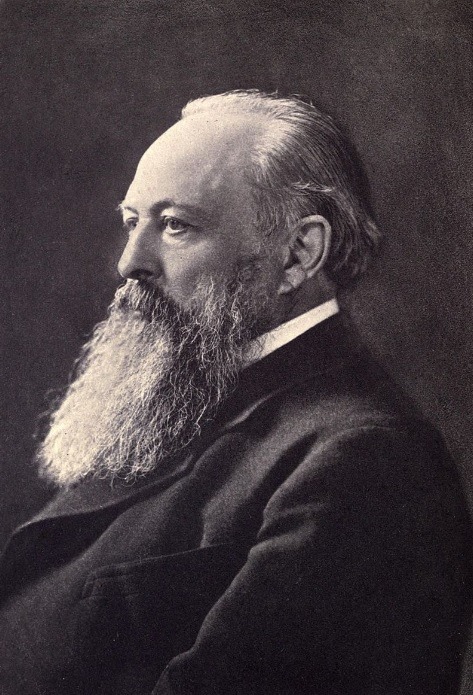
Described as “the magistrate of history,” Lord Acton was one of the great personalities of the nineteenth century and is universally considered to be one of the most learned Englishmen of his time. He made the history of liberty his life’s work; indeed, he considered political liberty the essential condition and guardian of religious liberty.
In a letter he wrote to scholar and ecclesiastic Mandell Creighton, dated April 1887, Acton made his most famous pronouncement:
“But if we might discuss this point until we found that we nearly agreed, and if we do agree thoroughly about the impropriety of Carlylese denunciations and Pharisaism in history, I cannot accept your canon that we are to judge Pope and King unlike other men, with a favourable presumption that they did no wrong. If there is any presumption it is the other way, against the holders of power, increasing as the power increases. Historic responsibility has to make up for the want of legal responsibility. Power tends to corrupt, and absolute power corrupts absolutely. Great men are almost always bad men, even when they exercise influence and not authority, still more when you superadd the tendency or the certainty of corruption by authority. There is no worse heresy than that the office sanctifies the holder of it. That is the point at which the negation of Catholicism and the negation of Liberalism meet and keep high festival, and the end learns to justify the means. You would hang a man of no position like Ravaillac; but if what one hears is true, then Elizabeth asked the gaoler to murder Mary, and William III of England ordered his Scots minister to extirpate a clan. Here are the greatest names coupled with the greatest crimes; you would spare those criminals, for some mysterious reason. I would hang them higher than Haman, for reasons of quite obvious justice, still more, still higher for the sake of historical science.”
